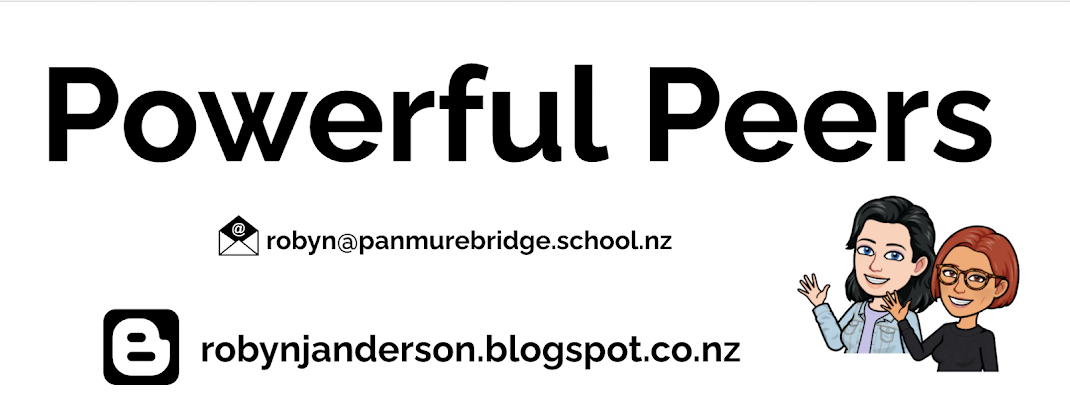Students who have achieved at a level considered to be 'below' the level they should be, are approximately a year behind the level they need to be at to make sense of the new learning. These are the students who with encouragement, scaffolding and explicit teaching will often make the gains needed to reach expectation.
Professional development empowers teachers with the skills to improve classroom practises, by introducing them to new learning which can make the changes needed in their practice to help strengthen the connections their students have to the learning. On occasions PLD is something that is simply attended so that a box can be ticked, but when embraced, can make a real difference. Sometimes despite having all the I's dotted and all the T's crossed shift does not take place.
The conversations that often follow these results tend to apportion blame towards the student.... We have all at one stage or another heard phrases like '...did not connect to the test...'didn't read the questions carefully'... 'ran out of time'... 'was having a bad day...' It is only in recent times that we have been hearing teachers truly reflecting on their practice. What excites me as a team leader is hearing teachers identify where the gaps are in their own practice, then actively explore ways to try and fill these gaps. It the teachers who see student shift as a collaborative journey who make the most difference.
After the beginning of year data was collected and analysed at class level, this data was then shared at team level. As a group we celebrated our successes and looked at what teachers were doing in their classrooms to achieve these results. These strategies were then shared with examples that helped people see what it looked like in practise. Collectively we identified the support we would need to make both big and small changes in our practices, that would help to accelerate shift in all our learners, and together we formulated a plan that will help us get there.
- Planning
- Long term
- Site DLOs
- Shared format
- Sharing time at syndicate meetings
- 10 minute quick tips that can be used in literacy
- Feedback from PLD and resources shared
- Classroom observations
- linked to literacy
- Peer observations
- linked to literacy
- noticing ideas that are working and are embedded in the program
- Surveys
- Teachers
- Students - target group
- Time point 1/2 data analysis





